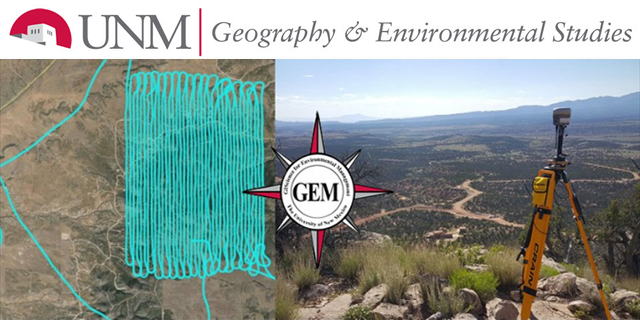
Geography ETDs
Publication Date
Spring 4-5-2024
Abstract
This thesis examines the social construction of the disabled body in recreational wilderness space. A political ecology framework guides the research questions: What are the actual or perceived barriers to participation for differently abled hikers in wilderness recreational spaces, and how do these challenges manifest in long-distance hiking spaces? In situating Foucault’s theories of the body as shaped by power relations, this thesis asserts wilderness spaces to be privileged based on power conceptualized in normative notions of ability. 44 participants who self-identified as wilderness recreationalists with a disability and/or chronic health illness completed this study’s mixed-method questionnaire. Themes around practices, values, motivations, adaptations, and barriers to participation emerged. I used principles of eco corporeality to interrogate access to wilderness spaces as socially constructed fallacies which strategically exclude disabled and chronically ill recreationalists. This thesis finds that disabled hikers subvert the social construction of normative bodies in wilderness, and will challenge health, physical, cultural, and social barriers of participation to negotiate and secure greater access to self-determination and ecological fulfillment.
Degree Name
Geography
Department Name
Geography
Level of Degree
Masters
First Committee Member (Chair)
Marygold Walsh-Dilley
Second Committee Member
Troy Lovata
Third Committee Member
Julia Scherba de Valenzuela
Document Type
Thesis
Language
English
Keywords
disability, eco corporeality, chronic health, barriers, recreation, accessibility
Recommended Citation
Hobart, Rebecca. "POSITIONING DISABILITY IN WILDERNESS SPACE." (2024). https://digitalrepository.unm.edu/geog_etds/73


